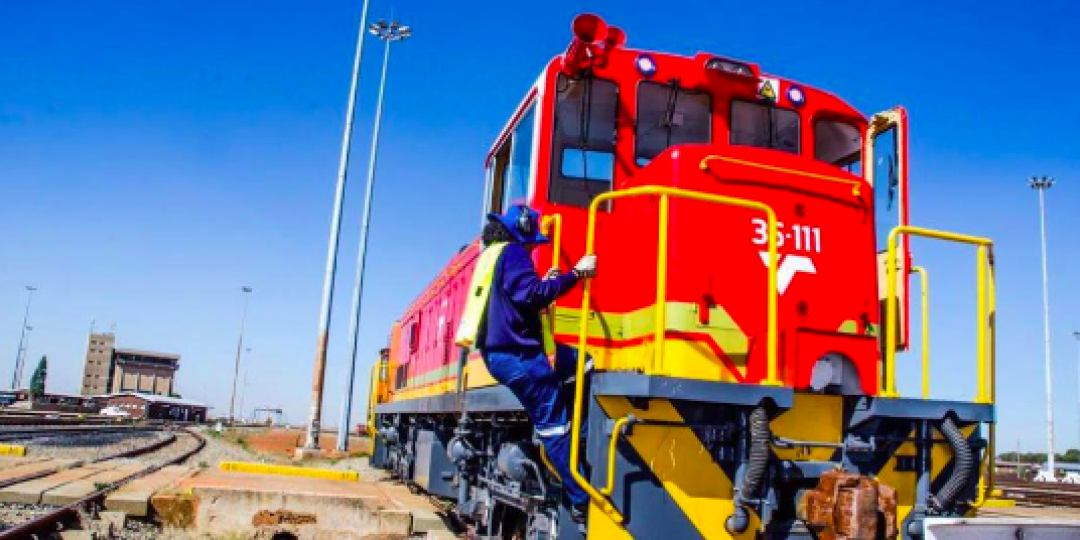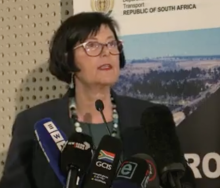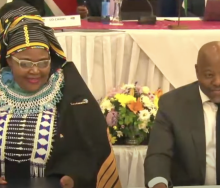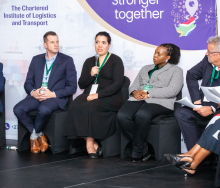Transnet’s rail inefficiencies have cost the economy R150 billion in lost opportunities for exports in the mining sector.
South Africa is the world’s third-largest exporter of manganese despite South Africa having approximately 80% of global known economic manganese resources. There are 22 mines operating in the manganese sector, extracting from mainly the Kalahari manganese field.
The Minerals Council South Africa made the announcement when relaying a performance analysis of South Africa’s manganese sector, which was also negatively affected by the rail problems.
In a recent report, the chief economist of Minerals Council South Africa, Henk Langenhoven, said: “The rail and port logistics bottlenecks are having a big impact on South Africa’s mineral exports. This worrying trend, which shows no signs of slowing or reversing, underscores the urgency for high-level intervention on the rail network and our ports to stabilise them, return them to productivity, and meet design capacity. Only having achieved the latter can we realistically talk about implementing growth projects so the bulk commodity mines can expand.”
Crime has recently started to influence tonnages transported on rail. The Minerals Council’s leadership is engaged in high-level talks with Transnet’s senior executives and management about the constraints it is dealing with, and how best the mining industry can assist to resolve these challenges. There are also talks about specific commodities and their associated rail and port links between the Minerals Council, relevant member companies, and Transnet to find solutions in a collaborative manner.













